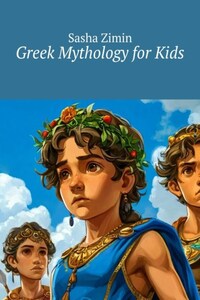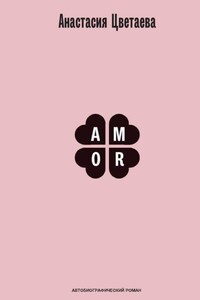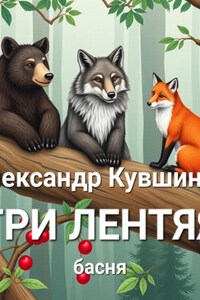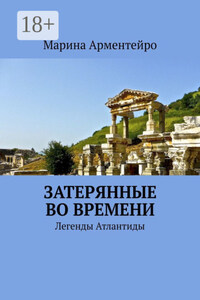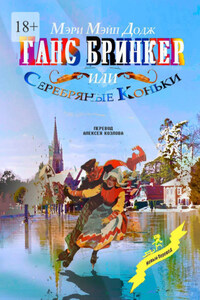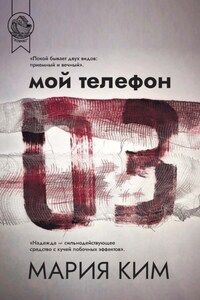Greek Mythology for Kids
A book for children, written in simple, accessible language.
A book on Greek mythology is not only an engaging read but also a powerful tool for developing imagination, moral qualities, worldview, and a love for knowledge. It helps children better understand the world, themselves, and others, while also inspiring new discoveries and creativity.
Myths are stories that inspire the creation of one’s own plots and characters.
Greek mythology is the foundation of Western culture. Many modern books, movies, games, and even expressions originate from these myths. Familiarity with myths helps children better understand literature, art, and history. Myths often contain profound moral lessons: about good and evil, justice, courage, friendship, love, and responsibility. For example, the story of Prometheus teaches self-sacrifice, while the labors of Hercules demonstrate perseverance in achieving goals.
Myths often feature complex plots and ambiguous characters. This helps children learn to analyze, ask questions, and form their own opinions.
Children learn about the ancient world, its traditions, gods, heroes, and culture. This helps them better understand how the world works and how people thought in ancient times.
Myths are full of dramatic events that evoke strong emotions: joy, fear, compassion, and surprise. This helps children better understand their own feelings and the feelings of others. For example, the story of Orpheus and Eurydice teaches the value of love and how to cope with loss.
Myths are captivating stories that engage children and instill a love for books. Vivid characters, dynamic plots, and unexpected twists make reading exciting.
Many modern stories (e.g., “Percy Jackson”) are based on Greek mythology. Knowledge of myths helps children better understand such books and movies.
Myths are rich in beautiful expressions, metaphors, and allegories. This helps children expand their vocabulary and improve their speech skills. For example, expressions like “apple of discord” or “Achilles’ heel” become understandable and memorable.
Mythological heroes (Hercules, Theseus, Perseus) show that even in the most difficult situations, a way out can be found by being brave, smart, and kind. This inspires children to overcome challenges and strive for the best.
Myths are simply interesting! Children love stories about adventures, magic, and heroic deeds. Such a book will become a source of joy and inspiration for them. A book on Greek mythology can also be a reason for shared reading and discussion with parents. This strengthens family bonds and creates warm memories. Knowledge of myths will help children more easily master school subjects like literature, history, and world art culture. It can also be an advantage in communication with peers and teachers.
Creation of the World
Long, long ago, when there was nothing, only Chaos existed. It wasn’t just disorder – it was something dark, empty, and endless. In Chaos, there was no earth, no sky, no sun, no stars. But one day, the first goddess appeared in this Chaos – Gaia. She was the Earth, big and mighty. Gaia was so strong that she created her own home – mountains, valleys, and forests. She became the mother of all living things.
But Gaia was lonely, so she created a husband for herself – Uranus. Uranus was the Sky. He was huge and covered Gaia like a warm blanket. Together, they began to rule the world. Uranus and Gaia loved each other very much, and they had many children. First, the Titans were born – mighty and strong, like their parents. Then other gods and goddesses appeared, who began to rule different parts of the world.
But Uranus wasn’t a very kind father. He was afraid that his children would become stronger than him, so he decided to hide them deep inside Gaia, in her dark depths. Gaia was very sad and in pain because she loved her children. Then she decided to help them. She turned to the youngest of the Titans – Cronus. Cronus was brave and clever. He took a sharp sickle that his mother gave him and waited for Uranus. When Uranus came down to Gaia, Cronus attacked him and freed his brothers and sisters.
From then on, Cronus ruled instead of Uranus. But that’s another story. And the world that Gaia and Uranus created began to grow and develop. Seas, rivers, trees, animals, and birds appeared. And all of this was thanks to the love and strength of the first gods.
Titanomachy
Long, long ago, when the world was still very young, there lived mighty Titans – the children of Gaia (Earth) and Uranus (Sky). They were huge and strong, but not very kind. Their leader was Cronus, who had once defeated his father Uranus and became the ruler of the world. But Cronus was afraid that his children would grow up and take his power away. So, whenever he and his wife Rhea had a child, he would swallow them! These were the future gods: Hera, Demeter, Hestia, Hades, and Poseidon.
But one day, Rhea decided to save her youngest son – Zeus. She hid him on the island of Crete and gave Cronus a stone wrapped in baby clothes. Cronus swallowed the stone and didn’t even notice the trick. Zeus grew up far from his father, becoming stronger and wiser. When he was grown, he decided to free his brothers and sisters. He gave Cronus a special potion that made him spit out all the children he had swallowed. And so, Zeus and his siblings became the new gods – the Olympians.
